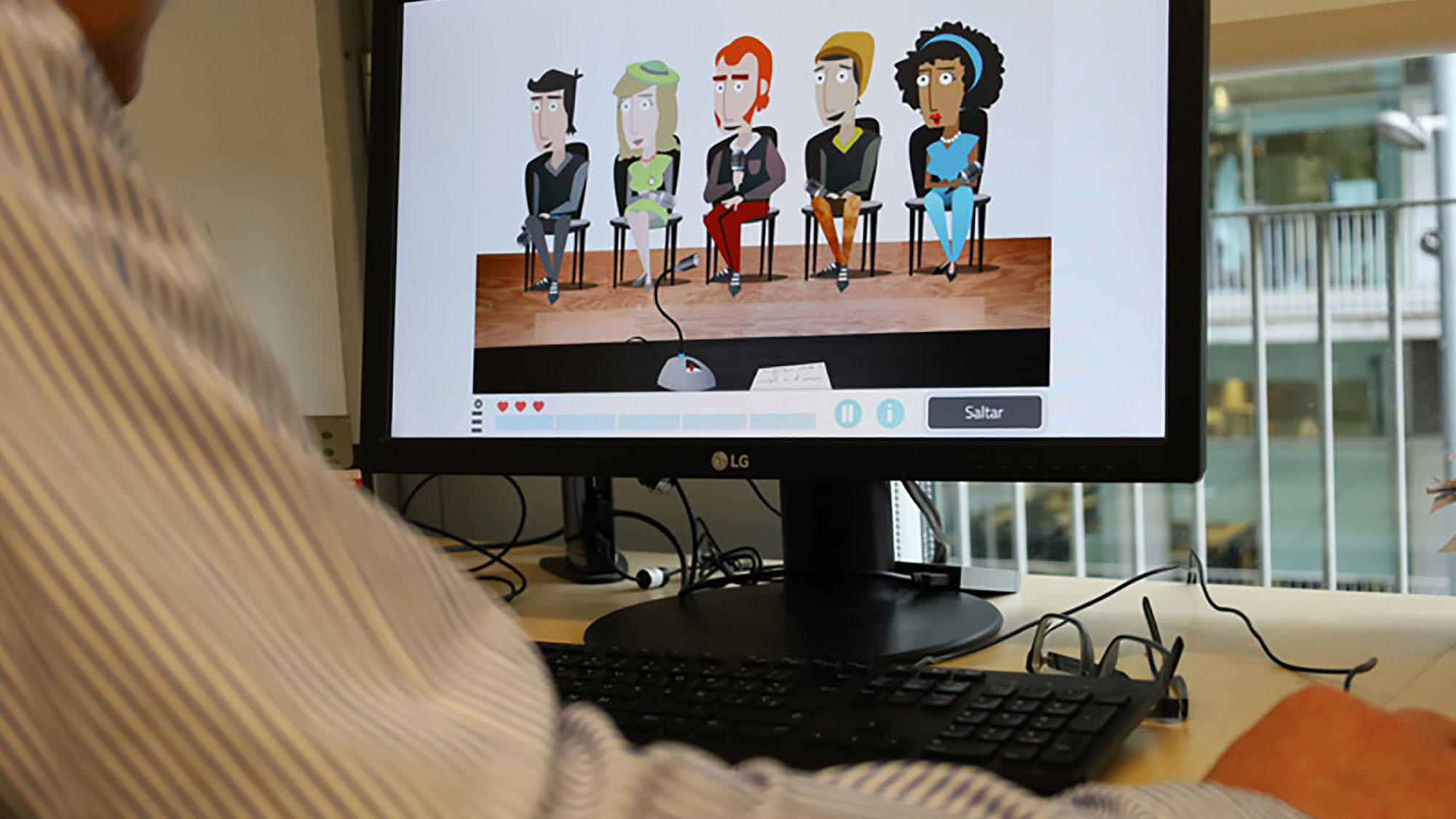The PENSA study, led by the Hospital del Mar Research Institute (IMIM) and the Barcelonaβeta Brain Research Center (BBRC), studies the effect of following a healthy lifestyle (with interventions in lifestyle habits, diet, physical activity, cognitive stimulation and training) for one year on the prevention of cognitive deterioration in people at risk of Alzheimer‘s disease or dementia. But how is it assessed whether there is an improvement in the executive capacities (planning, working memory and attention among others) of the participants?
Traditionally, this has been done by exercises carried out by people undergoing treatment at three timepoints: before the intervention – in this case the lifestyle change -, halfway through the research and at the end, to see the progression. However, to avoid learning effects in the test results, these assessments must be done at least 6 months apart, extending the clinical study over time. To reduce the waiting time, the PENSA research team has validated a tool that allows the cognitive decline of participants to be assessed on a weekly basis.
“Its great advantage is that we avoid the learning effect that occurs with other evaluation systems, solving one of the challenges to be able to monitor cognitive capacity in real time”
Natàlia Soldevila (IMIM)
The 36 computer games that have been validated and that adapt in difficulty to the performance of each participant, “are a very innovative way of assessing cognition in a continuous way”, explains Rafael de la Torre, principal investigator of the project at IMIM. Playing for only 30 minutes, three times a week and from home – which reduces the stress of doing the tests in a hospital environment – has allowed them to detect subtle changes in cognitive impairment.
In addition to detecting the evolution of volunteers‘ cognition and being twice as sensitive as traditional tools, the new way of assessing cognitive performance also allows for personalised medicine and tailoring treatment to the participants’ response in real time, without having to wait until the end of the study. This new tool has been validated on 56 participants in the PENSA study (people aged between 60 and 80, carriers of the APOE4 allele – which increases the risk of Alzheimer’s disease – and who perceived memory problems).







